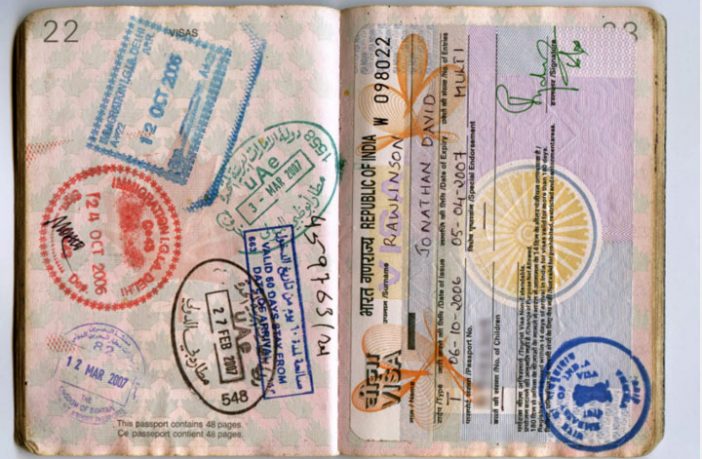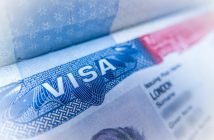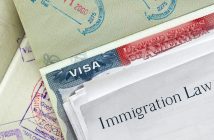One of the many unhelpful provisions in President Joe Biden’s massive immigration package would raise the diversity visa lottery’s annual ceiling to 80,000. Tucked into just three lines on Page 217 of the 353-page bill, it opens 25,000 additional slots to newcomers who needn’t have:
- A working knowledge of English.
- Employable skills.
- Cash on hand.
- Existing ties to the U.S.
FAIR has called this green card lottery “one of the stranger and least understood entryways into American citizenship.” The random selection program, inserted into the Immigration Act of 1990 to boost immigration from countries with relatively few immigrants, attracts millions of visa seekers each year. The Republic of Congo, Egypt, Iran, Nepal and Sudan have snagged the most diversity visas [DV] in recent years.
While marginally boosting applicants’ odds, raising the diversity cap does not serve the economic interests of the U.S. The lottery offers none of the strategic advantages of the points-based system in the proposed RAISE Act. Nor does it yield the targeted benefits of Canada’s system that maintains a laser-like focus on economic growth and productivity.
“The minimal requirements of the diversity visa lottery are that the principal winner (but not his or her spouse or kids) needs to have a high school diploma or two years of specialized training (a fuzzy concept at best),” notes David North of the Center for Immigration Studies.
“While, by accident, handfuls among the lottery winners will have some skills, a cousin in the U.S., or some cash in the bank, that is pure happenstance,” says North. He calls higher admissions via the diversity lottery, “the least useful of all the needless increases in immigration proposed by the Biden administration.”
Stewart Baker, a former assistant secretary at the Department of Homeland Security, sees real danger embedded in the diversity program, noting, “Terrorists have come to this country through the lottery.” One of them, Uzbek national Sayfullo Saipov, used a truck to kill eight people in New York in 2017.
“Setting aside the very real questions that could be raised about the program as a whole, issuing lottery visas in countries where the U.S. cannot do serious vetting is crazy,” Baker said.




